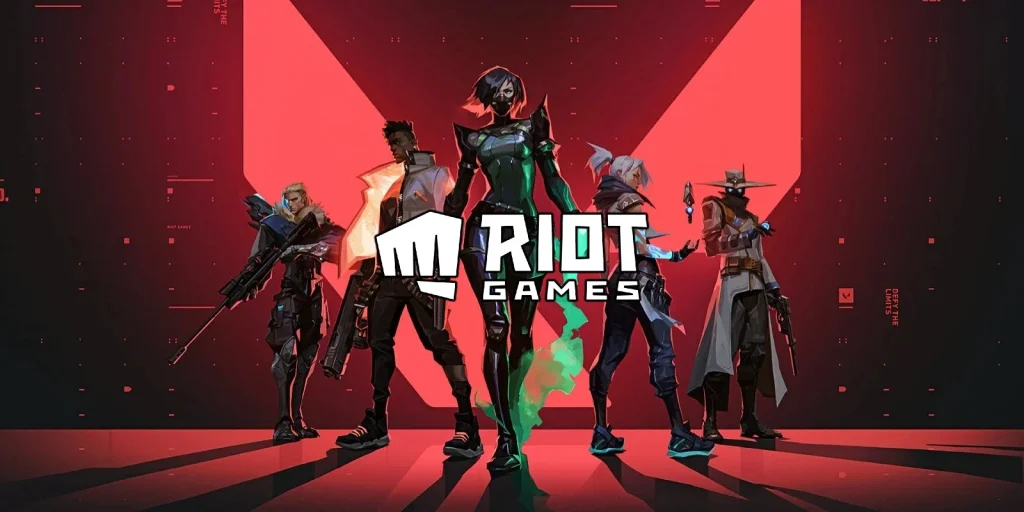In a landmark shift, Riot Games has officially announced that betting companies will be permitted to sponsor teams in VALORANT and League of Legends starting in 2025. This move marks a departure from Riot’s traditionally cautious stance on gambling-related partnerships, setting the stage for a potentially transformative phase in competitive gaming.

A Controlled Rollout in EMEA and Americas
Riot’s updated policy currently applies to esports teams based in EMEA and the Americas, giving these regions the green light to engage in collaborations with betting platforms — albeit within a tightly regulated framework.
This evolution was first speculated on social media by ex-caster MonteCristo and has since been confirmed by Riot’s Esports COO, Whalen Rozelle. He outlined Riot’s cautious but optimistic approach, emphasizing that the initiative is being introduced under clear restrictions designed to protect competitive integrity.
Unlocking Revenue Amid Esports Challenges
The inclusion of betting sponsors presents a new revenue stream for esports organizations, many of which have been grappling with sustainability challenges. With the global esports industry under pressure to find solid financial footing, this decision could significantly support team operations and long-term viability.
Strict Guidelines for Betting Partners
While opening up to betting sponsors, Riot is implementing strong safeguards. All prospective betting partners must be fully licensed in their respective regions and meet both regulatory requirements and Riot’s internal standards for sponsorship conduct.
Some important limitations include:
- Betting sponsor logos are not allowed on team jerseys.
- No advertising or promotions involving betting sponsors will be included in Riot-owned broadcasts or official content.
This leaves teams with the challenge of crafting valuable partnerships without breaching these promotional limits, ensuring Riot maintains control over how such relationships are publicly represented.
Riot’s Philosophy: Measured Risk and Learning Process
Rozelle emphasized that Riot is not rushing headlong into the betting space. “We’ll evaluate and adapt,” he said, acknowledging that this is a learning period. Depending on how the policy performs, Riot may either expand or revise its stance in the future.
This incremental strategy signals that Riot is committed to preserving the integrity and fan experience that have defined its esports ecosystem, especially given its younger and diverse global audience.
Reinforced Code of Conduct and Anti-Corruption Measures
To accompany this policy shift, Riot has also updated its Global Esports Code of Conduct. The revisions address emerging risks like match-fixing, gambling abuse, and the misuse of insider information.
Significantly, the updated guidelines hold esports professionals accountable not only for their own actions but also for the conduct of associates acting on their behalf. This move aims to close loopholes and discourage indirect forms of corruption.
Looking Ahead
Riot’s 2025 betting sponsorship policy reflects a strategic attempt to balance financial innovation with competitive fairness. By setting clear restrictions and enforcing accountability, the company is taking a measured step into a controversial space — one that will likely be watched closely by players, fans, regulators, and other publishers alike.
How this decision will affect the esports ecosystem remains to be seen, but it undeniably represents a pivotal change in Riot’s approach to monetization and sponsorships in its top-tier titles.











